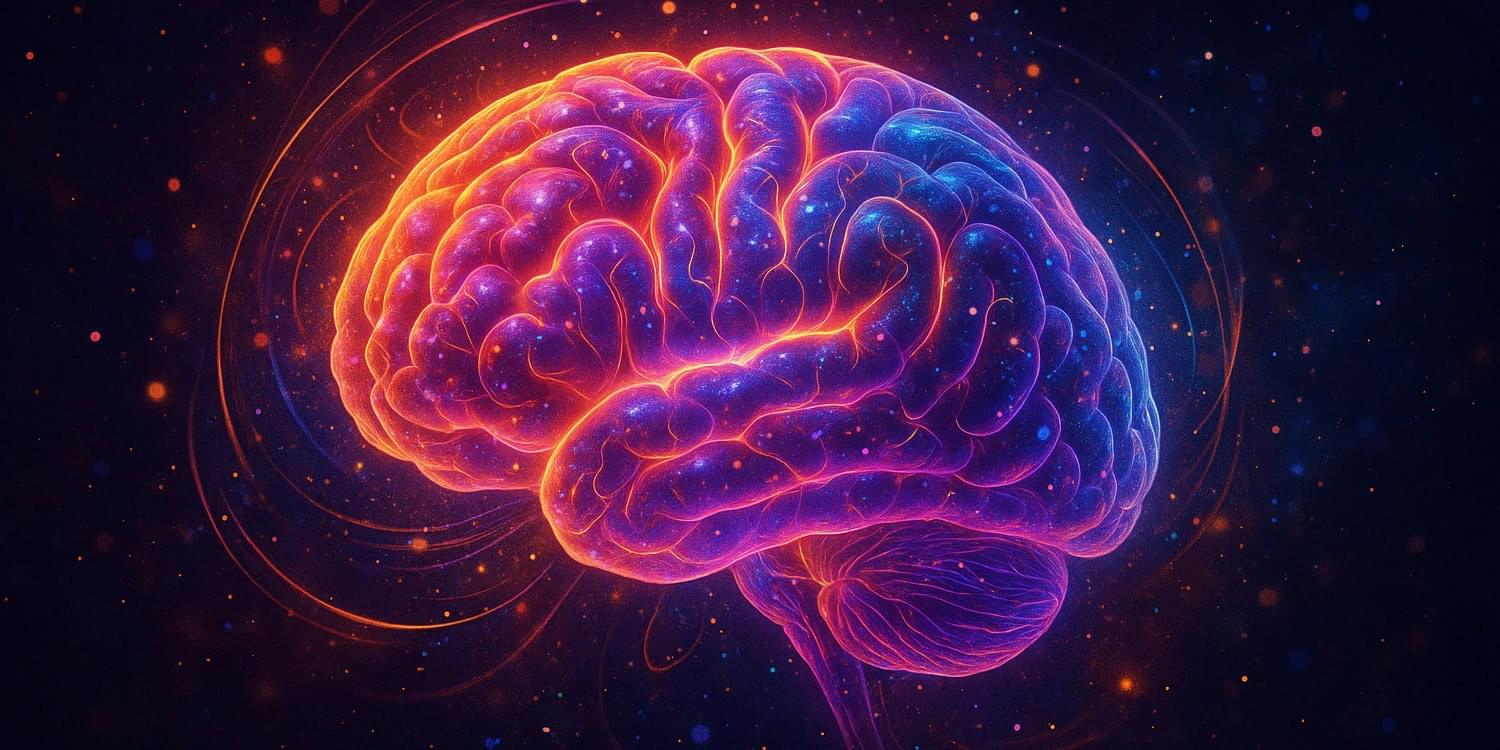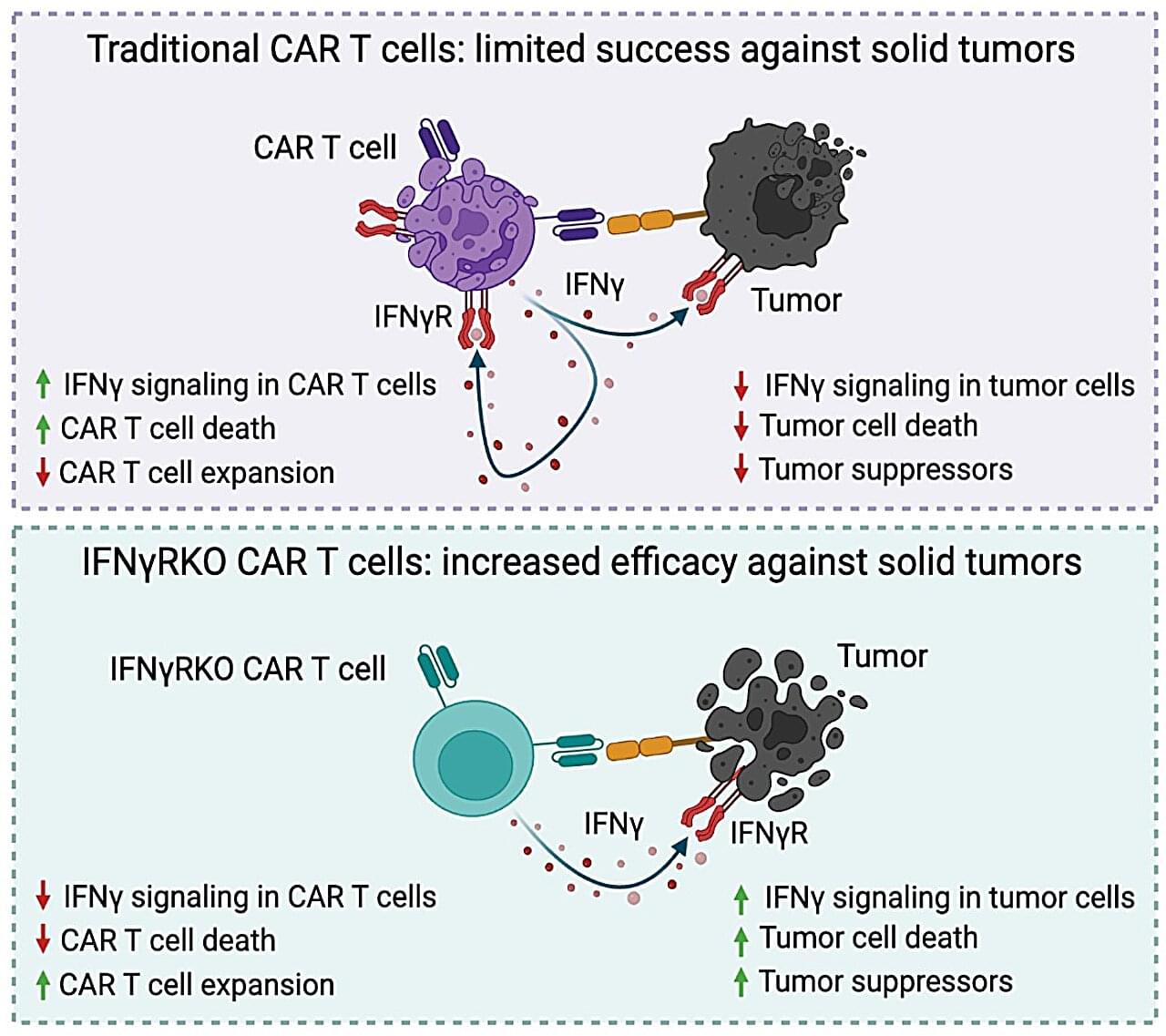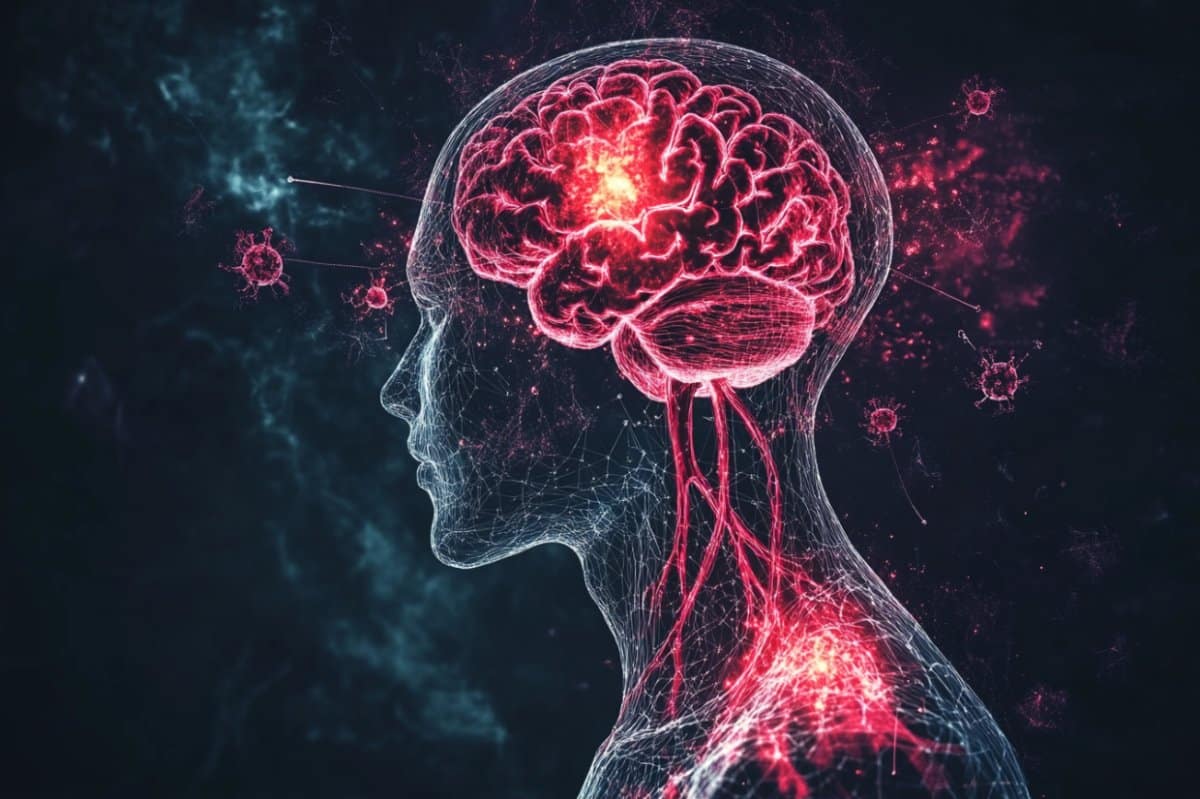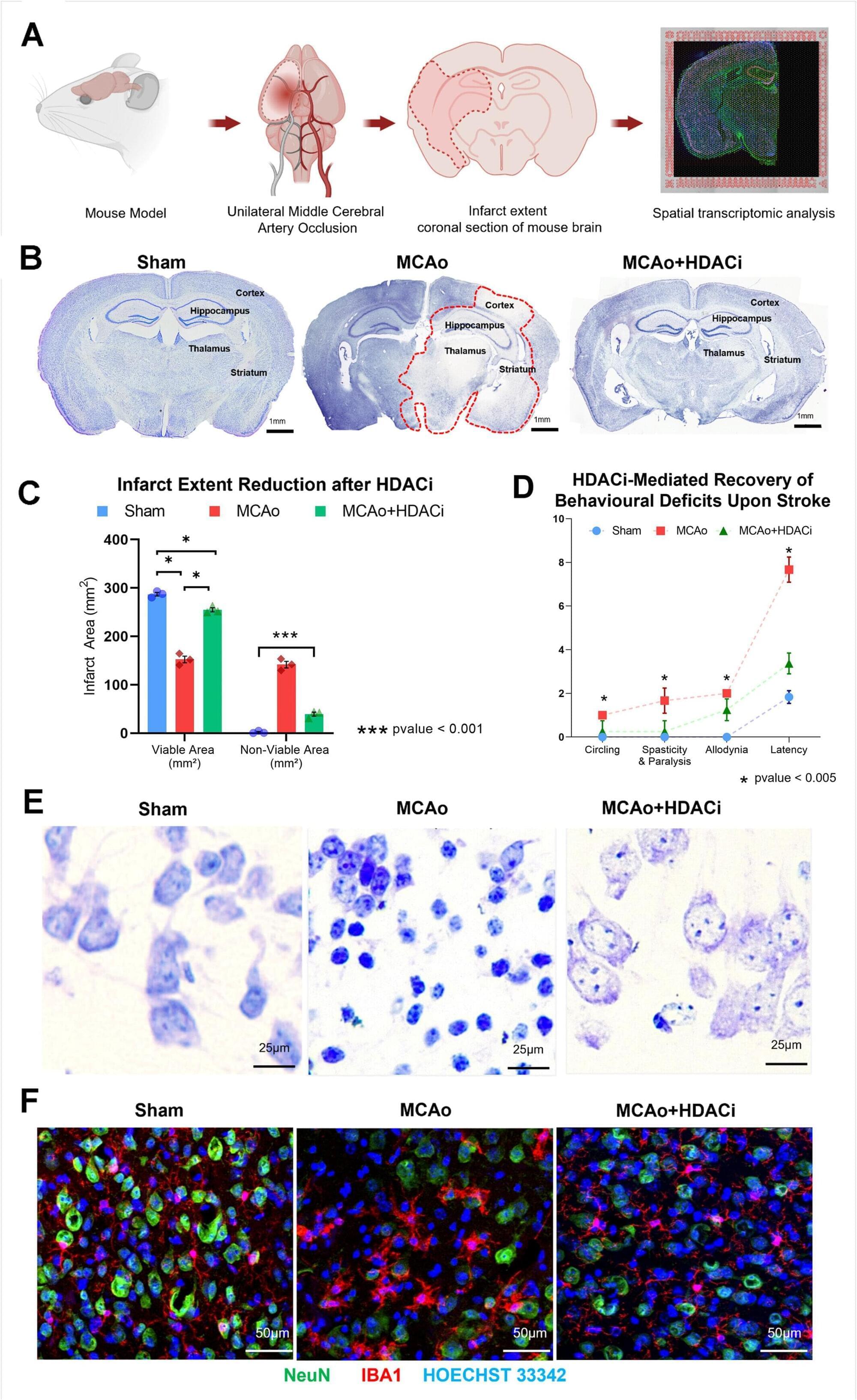CISA warns ransomware groups exploiting unpatched SimpleHelp RMM to breach organizations worldwide, risking data theft and double extortion


CISA warns ransomware groups exploiting unpatched SimpleHelp RMM to breach organizations worldwide, risking data theft and double extortion

Apple patched zero-day flaws exploited to deploy Paragon’s Graphite spyware targeting journalists and civil society, raising global spyware concerns.

Infoblox reveals VexTrio’s sprawling adtech scam network affecting thousands globally via compromised sites.

Invisible AI agent identities expose organizations to attacks, risking data and cloud security.

Critical zero-click AI vulnerability EchoLeak exposed sensitive Microsoft 365 Copilot data; Microsoft patched it to prevent data leaks.

Scientists have found that lemborexant not only increased restorative sleep in male mice but also reduced levels of toxic tau and brain inflammation. The findings suggest that targeting the brain’s orexin system may help slow Alzheimer’s progression.

The humble toaster hasn’t really changed much over the years. After all, there isn’t much you can do with a device which exists purely to brown bread. Scott van Haastrecht begs to differ, and has added another string to the toaster’s bow by creating a device that prints a different picture onto…

Chimeric antigen receptor (CAR)-T cells are a promising cancer therapy that are made from the patient’s own T cells, which are reprogrammed to fight their cancer. One of the limitations of CAR-T cell therapy is the ability of these cells to survive long enough to target the entire tumor.
Once injected back into the patient, the CAR-T cells tend to rapidly expand when they become activated by the tumor cells, but eventually die off due to a natural process called activation-induced cell death.
In a study published in Science Translational Medicine, a research team discovered a way to alter CAR-T cells so they can partially avoid activation-induced cell death, which allows them to live longer and better fight off the tumor.

A new study has found that bacteria from the mouth may migrate to the gut and contribute to cognitive decline in people with Parkinson’s disease.

Stroke remains one of the leading causes of death, disability, increased economic burden and decreased quality of life around the world. Current stroke therapies are time-limited and largely focused on restoring blood flow, and there are few which address the secondary wave of inflammation that causes further injury in the hours and days after stroke.
A study by researchers from the Yong Loo Lin School of Medicine, National University of Singapore (NUS Medicine), has shown that a class of drugs, HDACi (histone deacetylase inhibitors), protects neurons and limits brain damage following stroke by altering the gene expression of microglia, the immune cells of the brain.
HDACi are currently used or being tested as treatments for certain cancers and are also being researched for neurological conditions such as Alzheimer’s disease.